Your commitment to animals had an enormous impact in 2019! Because of you, the movement to protect wildlife around the world is gaining momentum. That is why I want to honor the victories that you made possible.
Wildlife crime, trophy hunting, the fur trade, climate change, and the current political environment are daunting, but you, our dedicated community of animal advocates, took action, spoke out, and donated generously throughout the year! Below are just a few of the important wins for wildlife in 2019. Please take a moment to celebrate the victories before we continue our crusade to protect both species and individual animals.
Looking ahead to 2020, we are filled with hope and determination because of you. With your support and dedication to the animals, we will continue our ambitious plans to protect wildlife in 2020 and beyond!
Please make a donation now before the end of the year and help us start off strong for animals in 2020.
TRAPPING
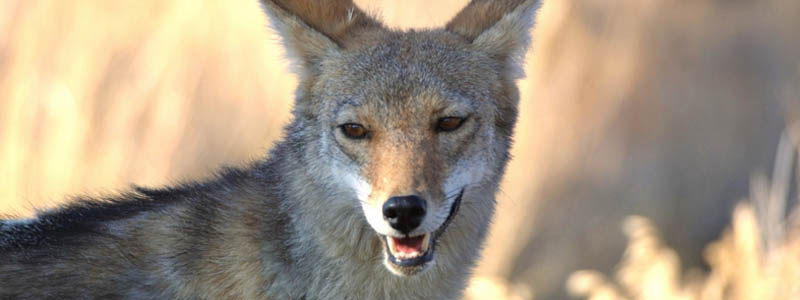
California Becomes the First State to Pass a Trapping Ban.
In September, California passed A.B. 273, which prohibits the trapping of any furbearing or nongame mammal for purposes of recreation or commerce in fur. Prior to the vote, we advised all committee members of the Water, Parks, and Wildlife Committee and urged them to support the bill. We also mobilized our network of supporters, asking them to contact their representatives.
FUR TRADE
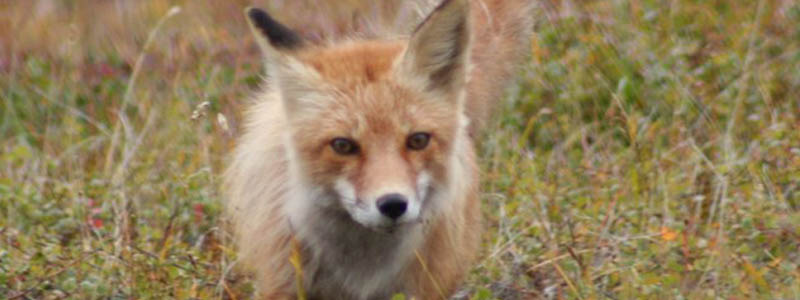
California Becomes the First State to Ban the Sale of Fur.
California was a leader for wildlife this year. In addition to the trapping ban, the state also passed A.B. 44, which prohibits the sale, display, trade, distribution, or manufacturing of fur. To help achieve this victory, we once again advised the Water, Parks, and Wildlife Committee to support the bill, and mobilized our network of supporters.
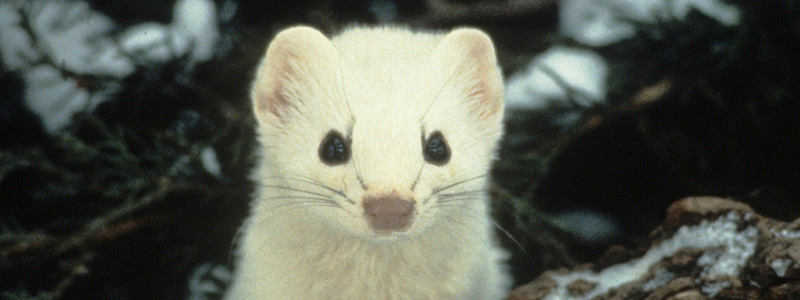
Fur is going out of Fashion.
This year we saw even more designers join the Fur Free Retailer program, for which Born Free USA acts as the United States representative. Recognizable names include Mulberry, Furla, Marc Cain, and Prada. Additionally, Bloomingdale’s and Macy’s promised they would take fur off their shelves by February 2021, and Queen Elizabeth II announced she would no longer purchase fur clothing for her personal wardrobe.
PROTECTING ENDANGERED SPECIES
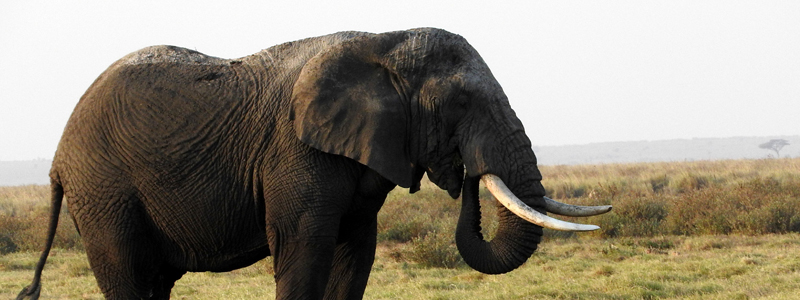
ProTECT Act Introduced.
In October, the ProTECT Act was reintroduced in Congress. This bill would prohibit trophy hunting within the United States of species recognized as endangered or threatened under the Endangered Species Act. It also bans the import of trophies of ESA-listed species into the U.S., which is the world’s largest importer of hunting trophies. Born Free USA has been a driving force behind this bill for years and will continue to help it advance through the legislative process.
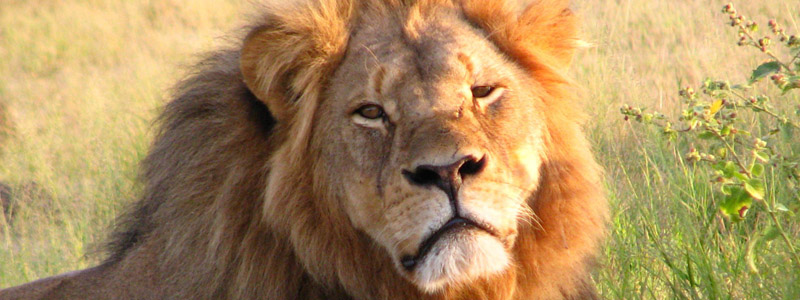
CECIL Act Introduced.
In April, the CECIL Act was reintroduced in Congress. This bill restricts the import of trophies of species that have been proposed for ESA listing and prohibits imports of elephants and lions from Tanzania, Zimbabwe, and Zambia. Born Free USA has backed this initiative since 2015, when an American trophy hunter killed the beloved lion, Cecil. We are thrilled to have passed this milestone in getting justice for Cecil and protecting animals from this cruel pastime.
WILDLIFE TRADE
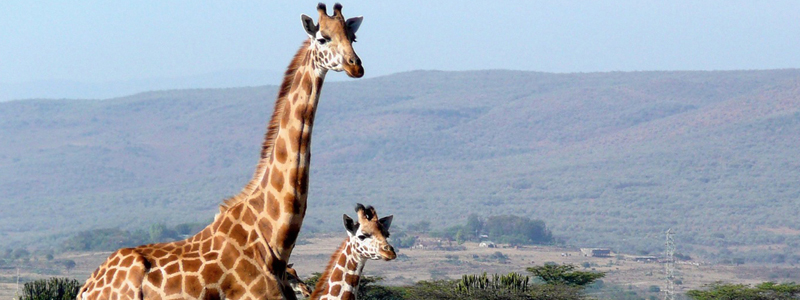
Giraffes and Other Species get International Protections.
This year, Born Free USA attended the 18th Conference of the Parties for the Convention on International Trade in Endangered Species (CITES). There, we fought for and won greater restrictions on the trade of dozens of species, including giraffes and small-clawed otters. Another win was tighter restrictions on the trade in wild baby elephants captured in Zimbabwe, and Botswana and sent to foreign captive facilities.
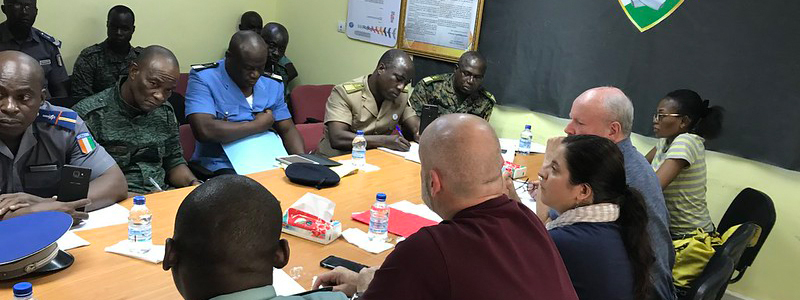
Launched Trainings to Combat Wildlife Crime in West Africa.
This October, we held a five-day workshop in Ivory Coast, which had attendants from eight West African countries (Benin, Burkina Faso, Ivory Coast, Guinea, Mali, Niger, Senegal, and Togo). The workshop aimed to increase the ability of judges and prosecutors to address wildlife crime in their countries. This was the first judicial training in our work to combat wildlife crime in West Africa.
ANIMALS IN CAPTIVITY
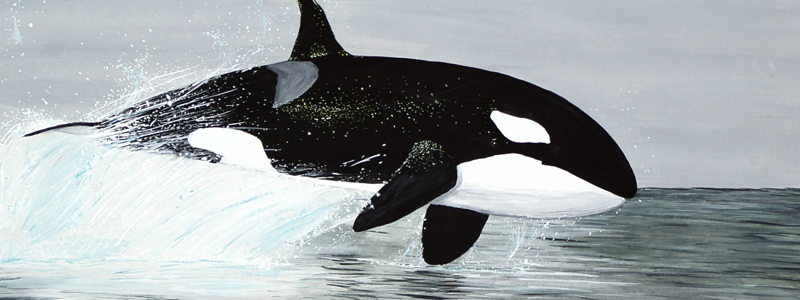
Ending Cetacean Captivity in Canada.
In June, Canada passed Bill S-203, which banned the practice of keeping cetaceans – whales, dolphins, and porpoises – in captivity. Two facilities in Canada will be allowed to keep the animals they already have, but they will no longer be allowed to breed or acquire new cetaceans.
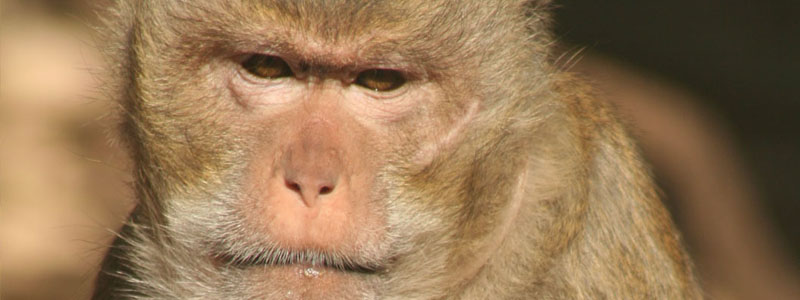
Captive Primate Safety Act Introduced.
In March, the Captive Primate Safety Act was reintroduced into Congress. This bill prohibits interstate and foreign importation, exportation, sale, and purchase of any nonhuman primate for the exotic pet trade. We were leaders in creating this bill, which is close to our hearts because of the dozens of former pets at our primate sanctuary.
PRIMATE SANCTUARY
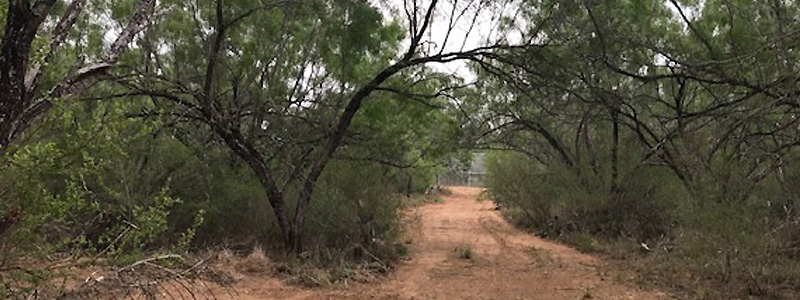
New, improved living spaces.
During this year, we constructed three new enclosures for our residents. One vast six-acre enclosure is now home to 53 monkeys who previously lived in different parts of the site. Our group of nine long-tailed macaques moved from a roofed enclosure to a much larger open-top space.
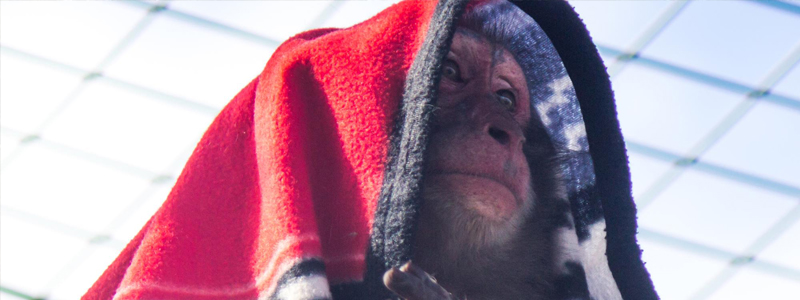
New warm houses.
Texas has scorching summers, but temperatures in winter drop significantly. This year we began an ambitious project to have “warm houses” built for all of our open-top enclosures at the sanctuary. We finished five houses with heating systems for the most vulnerable and elderly monkeys and we plan to build seven more in the coming year.
PROTECTING WILDLIFE IN THE WILD
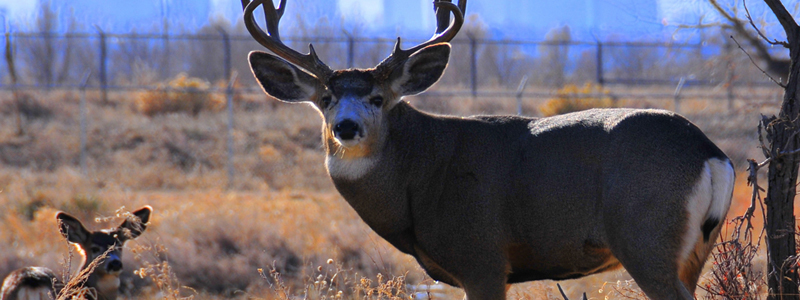
Stopping Deer Culls.
We eliminated mule deer culling in three communities in British Columbia, saving the lives of thousands of deer. We also initiated a non-lethal research project in the community of Oak Bay, which took the place of a cull.
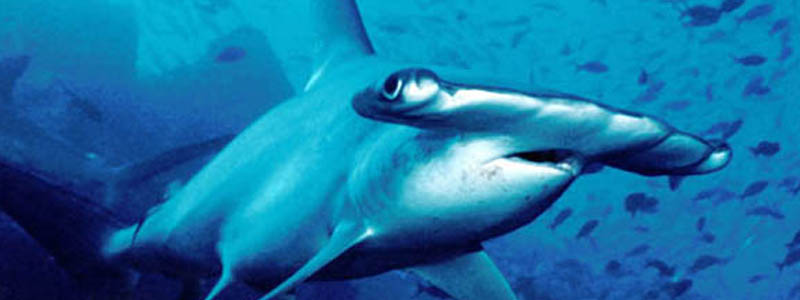
Banning the Shark Fin Trade in Canada.
The shark fin trade is hideously cruel, with fins often cut from live sharks who are then dumped overboard to die. In June 2019, Canada passed a bill that Born Free has worked on for years, which banned the shark fin trade throughout all of Canada.
We are thrilled with these fantastic wins for wildlife and we thank you for making them possible!
It may soon be your last chance to make a tax-deductible donation in 2019, but our work continues into the new year and beyond! Please help us celebrate these victories and get rolling for 2020 by making a donation now.
Keep Wildlife in the Wild,
Angela
